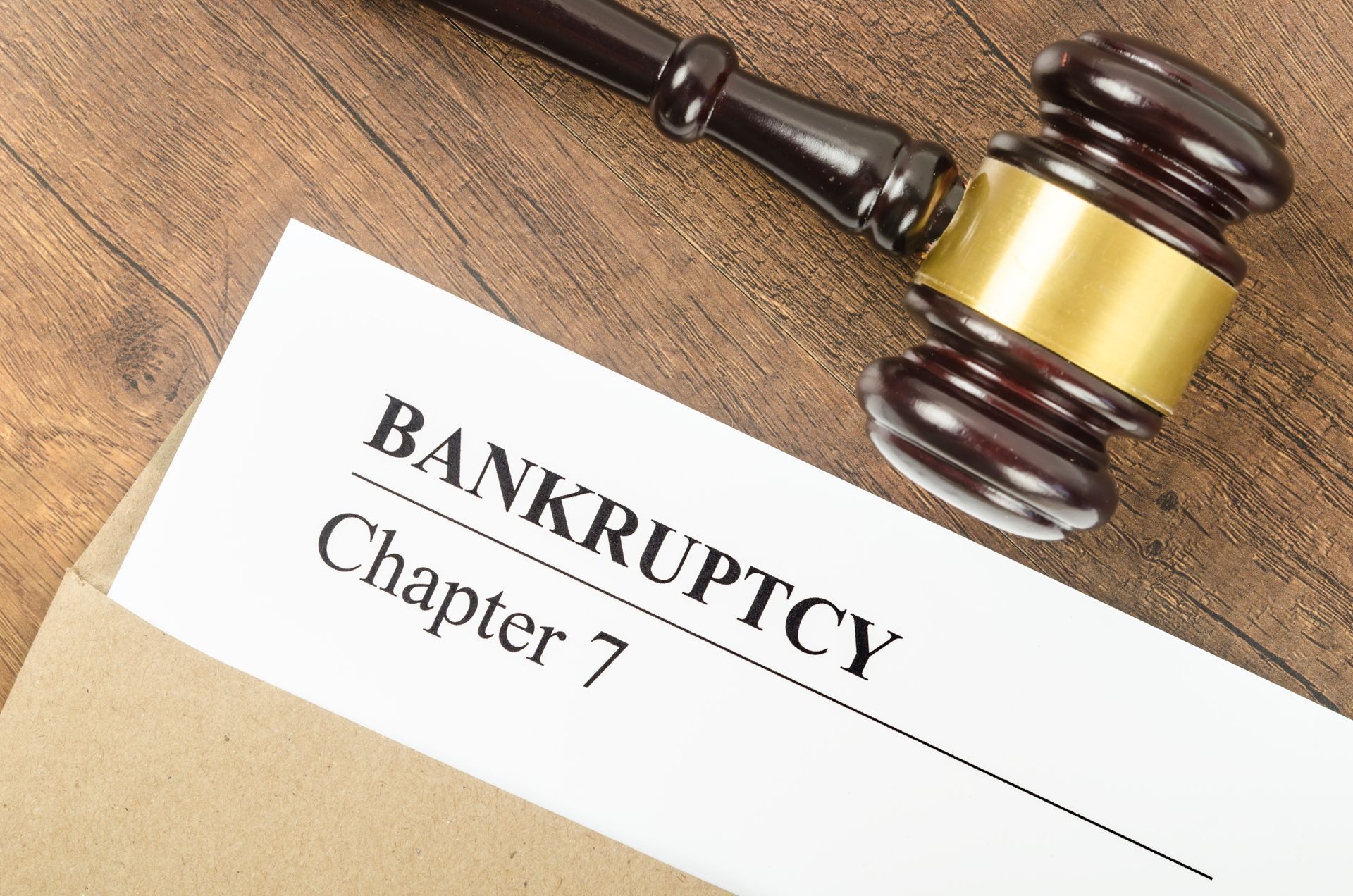What Does Filing for Bankruptcy Do to My Credit Score?
What Does Filing for Bankruptcy Do to My Credit Score?
How Bankruptcy Affects Your Credit Score
Filing for bankruptcy is a major financial decision that can bring much-needed relief from overwhelming debt. However, many people worry about what it will do to their credit score. While it’s true that bankruptcy impacts your credit, it’s not the end of your financial story. At Joshi Law Group in San Diego, we help individuals make informed decisions about their financial future, including what bankruptcy means for their credit.
Immediate Impact on Your Credit Score
When you file for bankruptcy, your credit score will likely drop—often significantly. The amount of the drop depends on your current credit standing. Those with higher scores may see a more noticeable decrease. A Chapter 7 bankruptcy can remain on your credit report for up to 10 years, while Chapter 13 remains for 7 years. However, the impact becomes less severe over time, especially if you start rebuilding credit right away.
Bankruptcy Can Stop the Bleeding
If you’re missing payments, defaulting on loans, or carrying high balances, your credit is already taking a hit. Filing for bankruptcy can actually stop further damage by wiping out or restructuring debts and giving you a clean slate. While the filing itself lowers your score, it also eliminates the ongoing negative activity that continues to pull your score down. This break gives you the chance to start rebuilding more effectively.
Rebuilding Credit After Bankruptcy
It’s absolutely possible to rebuild your credit after bankruptcy. Many people begin to see improvements within a year of their case being closed. Making on-time payments, keeping credit card balances low, and using secured credit cards can help re-establish credit. Lenders may initially offer smaller credit limits or higher interest rates, but over time, responsible credit use leads to better terms and a stronger score.
Future Credit Opportunities Still Exist
A common myth is that you won’t be able to get credit for years after filing. In reality, many individuals are approved for car loans, credit cards, and even mortgages within just a couple of years—some even sooner. Creditors are often willing to work with individuals who show improved financial behavior post-bankruptcy. While rebuilding takes effort, filing for bankruptcy doesn’t mean you’re locked out of financial opportunities forever.
Regaining Control of Your Financial Future
Bankruptcy does affect your credit score, but it also offers a path forward when debt becomes unmanageable. With time and effort, many people recover financially and build stronger credit than they had before filing. At Joshi Law Group, we support clients throughout the bankruptcy process and beyond, helping them move toward a more stable and confident financial future.











